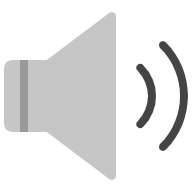Lay down
/leɪ daʊn/


Lay down
/leɪ daʊn/

When you "Lay down" something, such as rules or guidelines, it means you are establishing them formally or officially. It's like setting down the law on how things should be done. For instance, parents might lay down rules for their children about bedtime.
They decided to lay down new rules to improve safety.
They decided to establish new rules to improve safety.
The commander told the troops to lay down their weapons.
The commander told the troops to put down their weapons.
After a long day, she decided to lay down for a quick nap.
After a long day, she decided to recline for a quick nap.